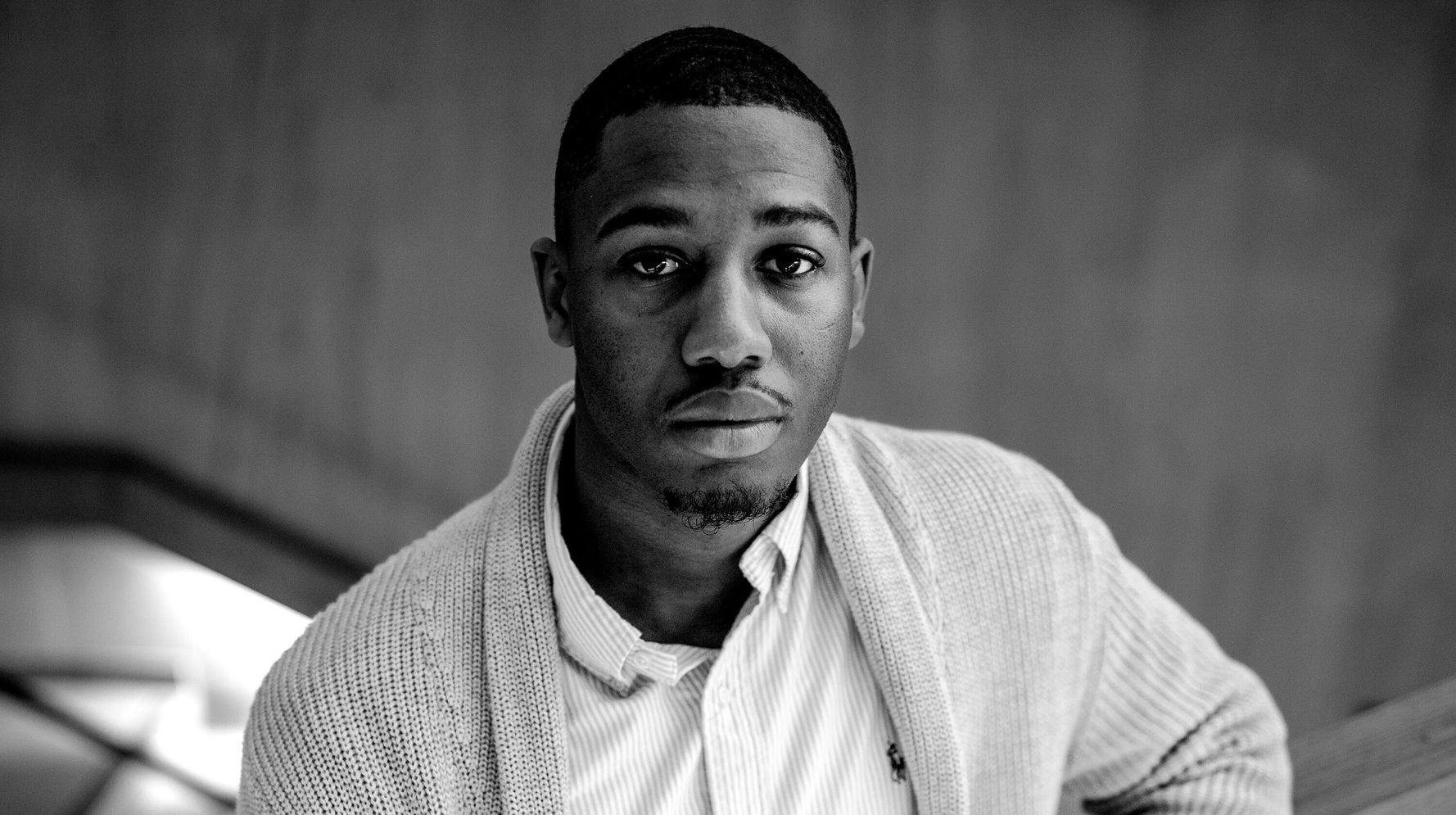[ad_1]
Photos by Demetrius Freeman for HuffPost
This year marks the 150th anniversary of the ratification of the 15th Amendment, which gave Black men the right to vote. This year is also considered one of the most crucial presidential elections in recent history. A lot is at stake, especially for Black Americans who, despite being historically disempowered yet at the forefront of progressive movements, are often erased from in-depth conversations about the U.S. electorate.
In January, HuffPost traveled to Columbia, South Carolina, the first primary state with a significant Black population, to talk to voters about the most pressing issues on their minds before Saturday’s contest. We talked to more than 30 people who had varying backgrounds, values, opinions and hesitations about the primary. The result was “Black At The Ballot,” a HuffPost multimedia project profiling Columbia residents whose stories dispel assumptions and stereotypes about Black voters.
Each voter had a distinct story, but the common thread was a population yearning to be truly heard. We asked each of them what it meant for them to be a Black voter in 2020. Here’s what 13 of them had to say about that significance.
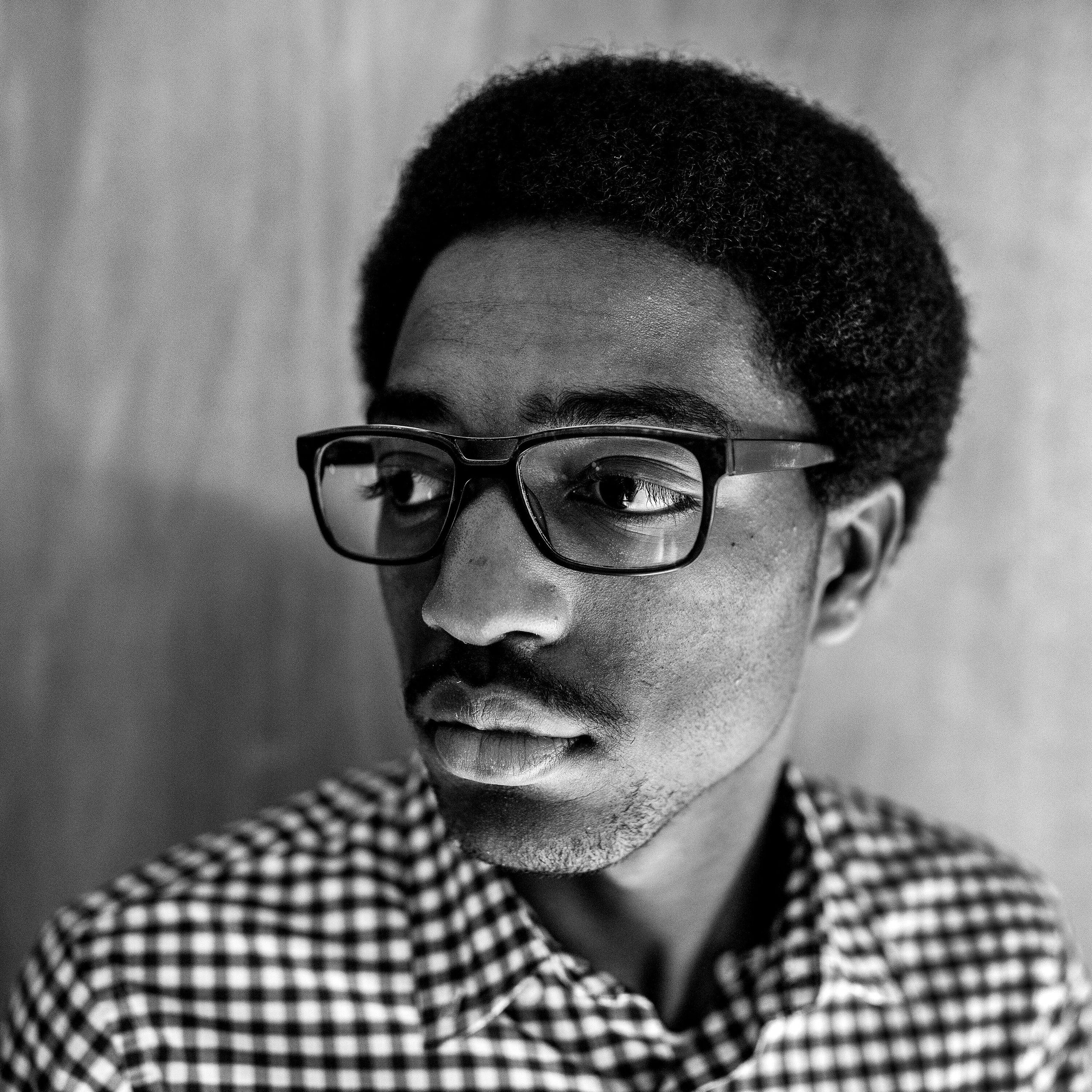
Jahleel Johnson, an 18-year-old student majoring in German and political science at University of South Carolina, from Graniteville, South Carolina:
I’m so grateful that some of my grandparents are still alive and just knowing when they were younger they didn’t have the right to vote or they got harassed for voting. I voted in local elections and I plan to vote in the presidential election. Every election matters to me because people died for me to have it and if I don’t use my right to vote, then I can’t complain. I think a lot of people forget that as a voter, especially me being Black, we have a lot more power than what we realize because we have the right and the power to elect our politicians that represent us and that we’ll be able to pass legislation that will better our lives.
Jahleel Johnson
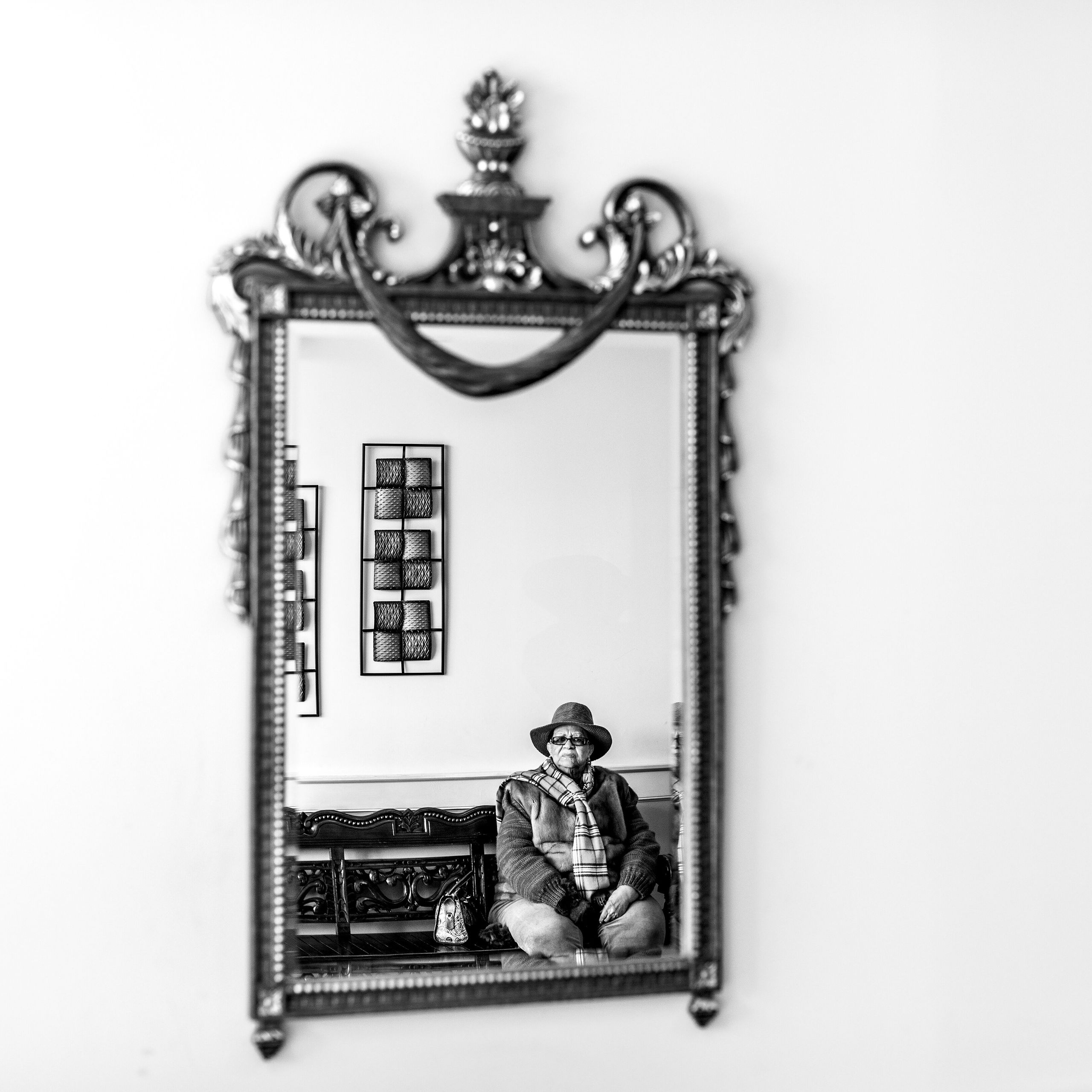
Lamaris Schumpert Mack, a 74-year-old retired nurse administrator, from Columbia, South Carolina:
Am I supposed to have any feelings? I just feel like it’s something that I’m entitled to do so I take advantage of it. However, I can remember during my lifetime where there was a time when Blacks had to really almost fight to be able to vote, to register to vote. But as I said I feel like now that we have overcome that, that I am entitled to the privilege of voting, I take advantage of it. Even if it’s just a little primary, I go right out there and vote. Sometimes I go it’s not even in my district and they tell me, ‘Oh, this is not your district, Mrs. Mack.’ Oh, well I just heard you’re supposed to vote, so I go and vote if they let me.
Lamaris Schumpert Mack
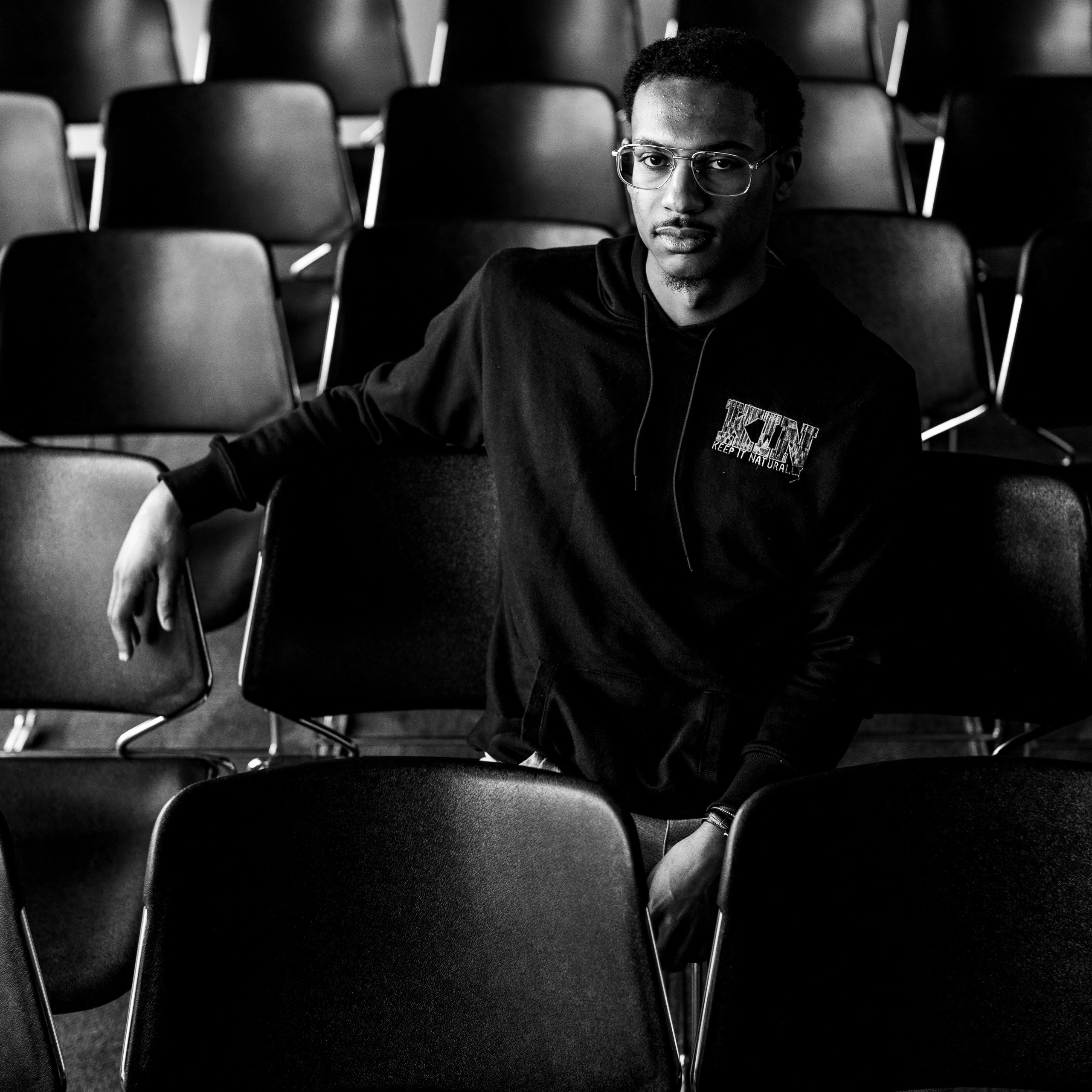
Gary Knight, 26-year-old physics, chemistry and engineering teacher, from Columbia, South Carolina:
I’m just exercising the right that I’ve always had. For me, the historical context doesn’t hit quite the same as it would for my parents, because it’s always been this way for me. I’ve always known that I had the opportunity to vote once I turned 18. I’m the type of person where if I know I can do something, when I actually do it, it’s not that big of a deal. It just felt like a regular day, just voting, because I’m an American citizen. That’s what I should do.
Gary Knight
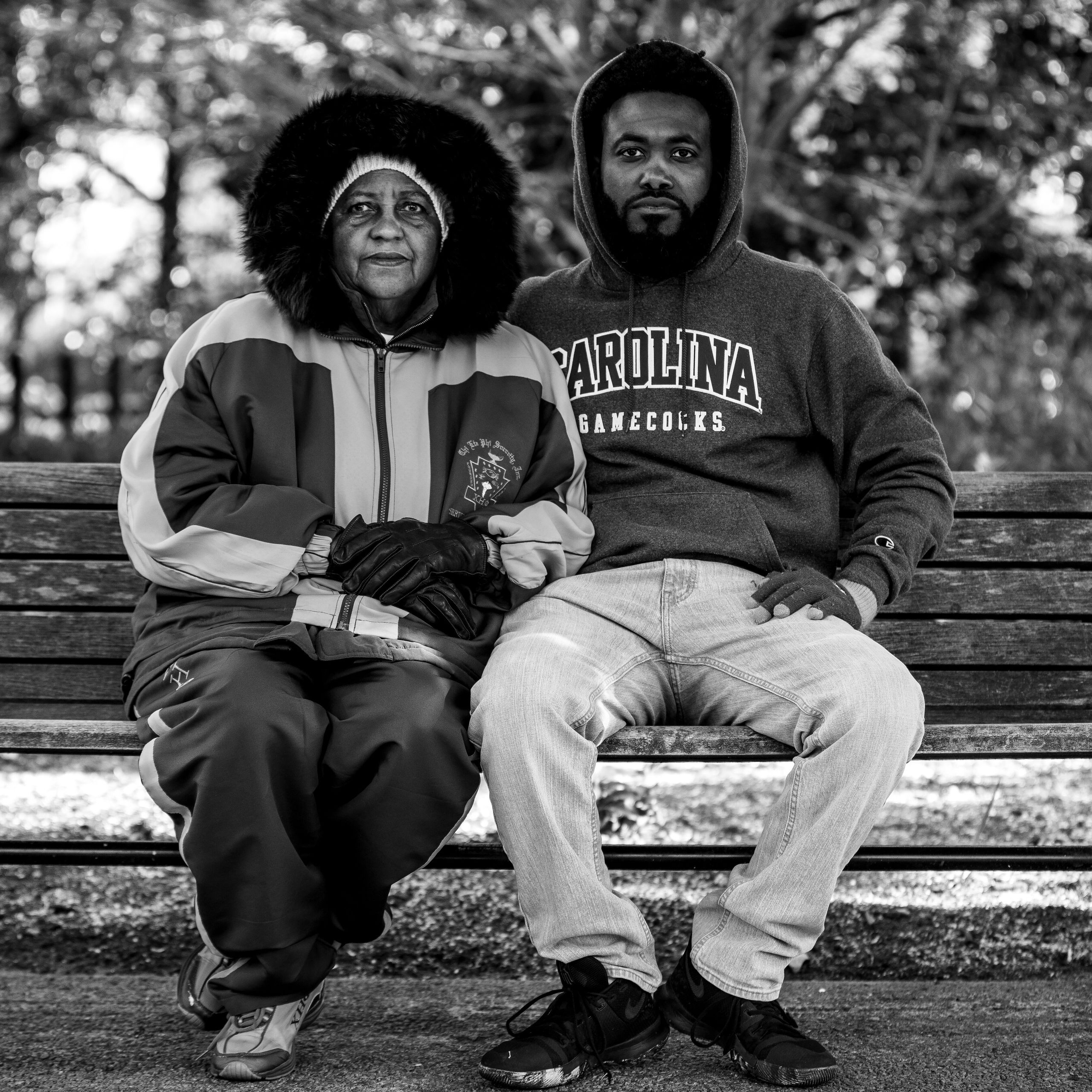
Jettiva S. Belton, 76, and her grandson Russell J. Earle Jr., 30, at the MLK Day rally outside Zion Baptist Church in Columbia, South Carolina:
It means a lot. My vote counts. And I just feel as though I’m doing what I can to just put us in a better position and make some change happen.
Russell J. Earle Jr.
That’s the only thing we got that’s supposed to be fair. That’s it!
Jettiva S. Belton
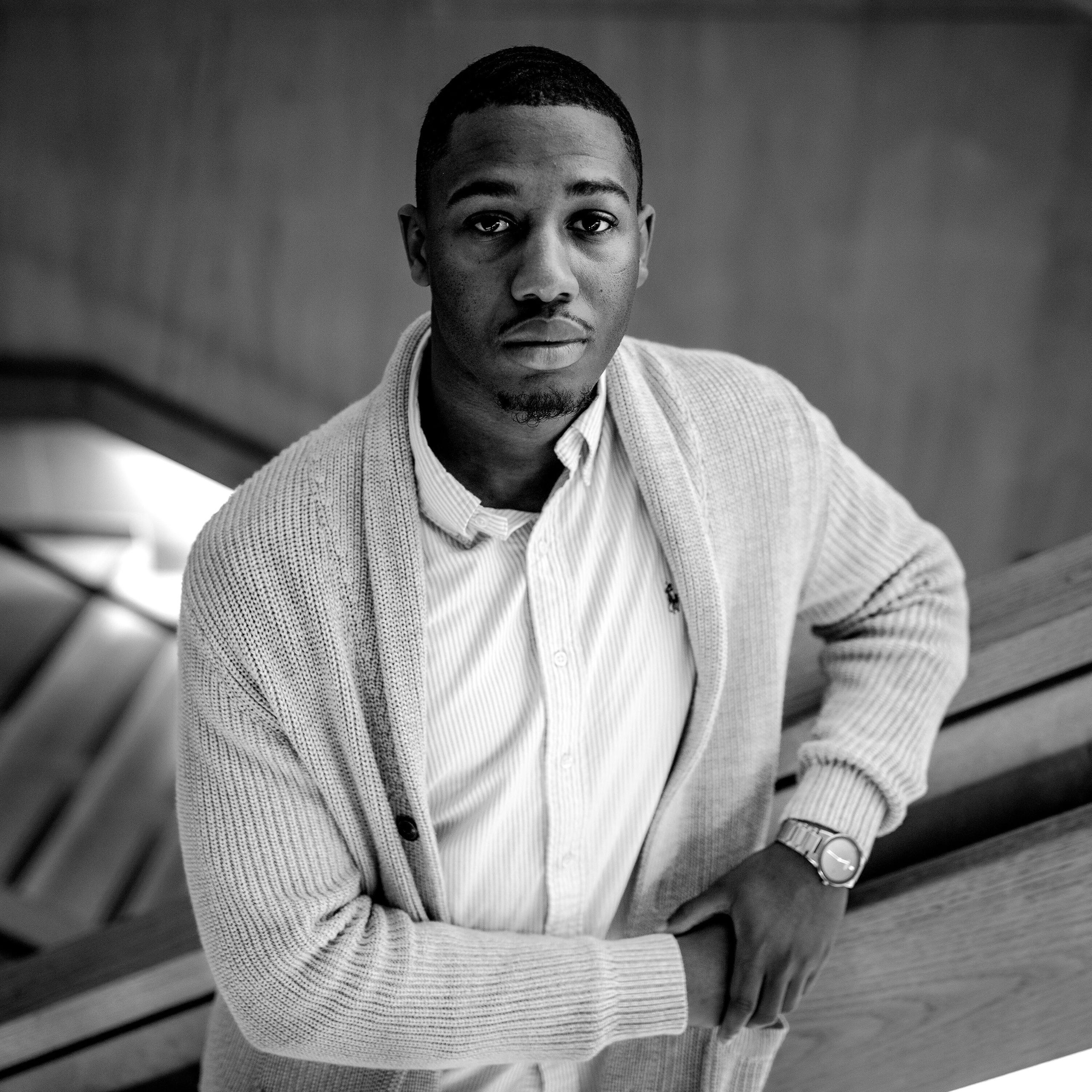
Michael Parker, a 20-year-old sophomore at University of South Carolina who is majoring in religious studies, from Sumter, South Carolina:
I mean, one, of course, being an African-American male, we always didn’t have a voice in regard to who our political leaders were. My vote has influence now and it can influence not just our present but the future to come, for generations to come. And so you never know exactly what one vote may do and how things would play out because of that.”
Michael Parker
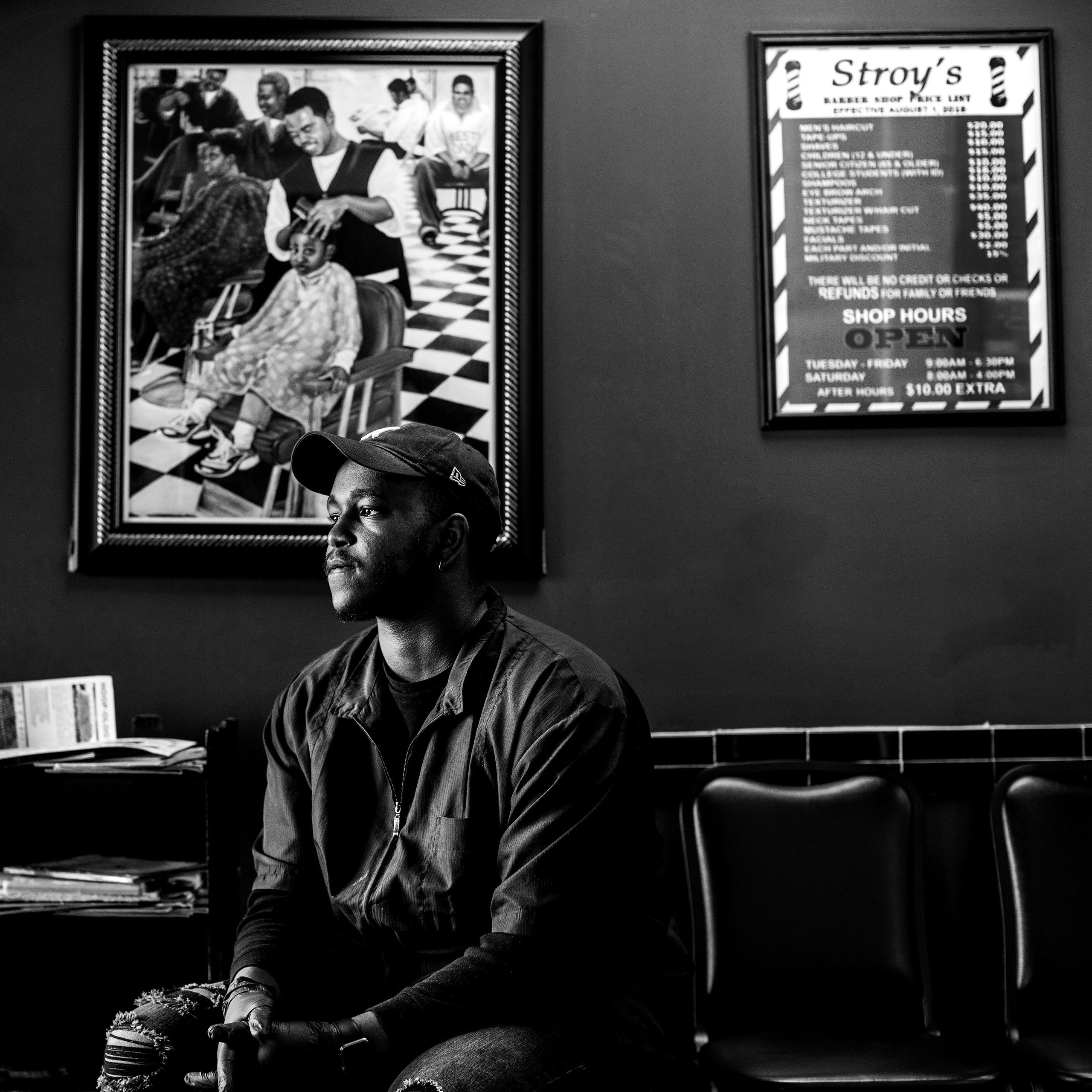
Bryant Carlos, a 24-year-old barber at Stroy’s Barber and Styling Shop, from Columbia, South Carolina:
Being able to exercise the right to be able to vote, it’s good. Just being able to go out there and be able to do my part and to be able to vote. It ain’t really nothing like too extreme for me.
Bryant Carlos
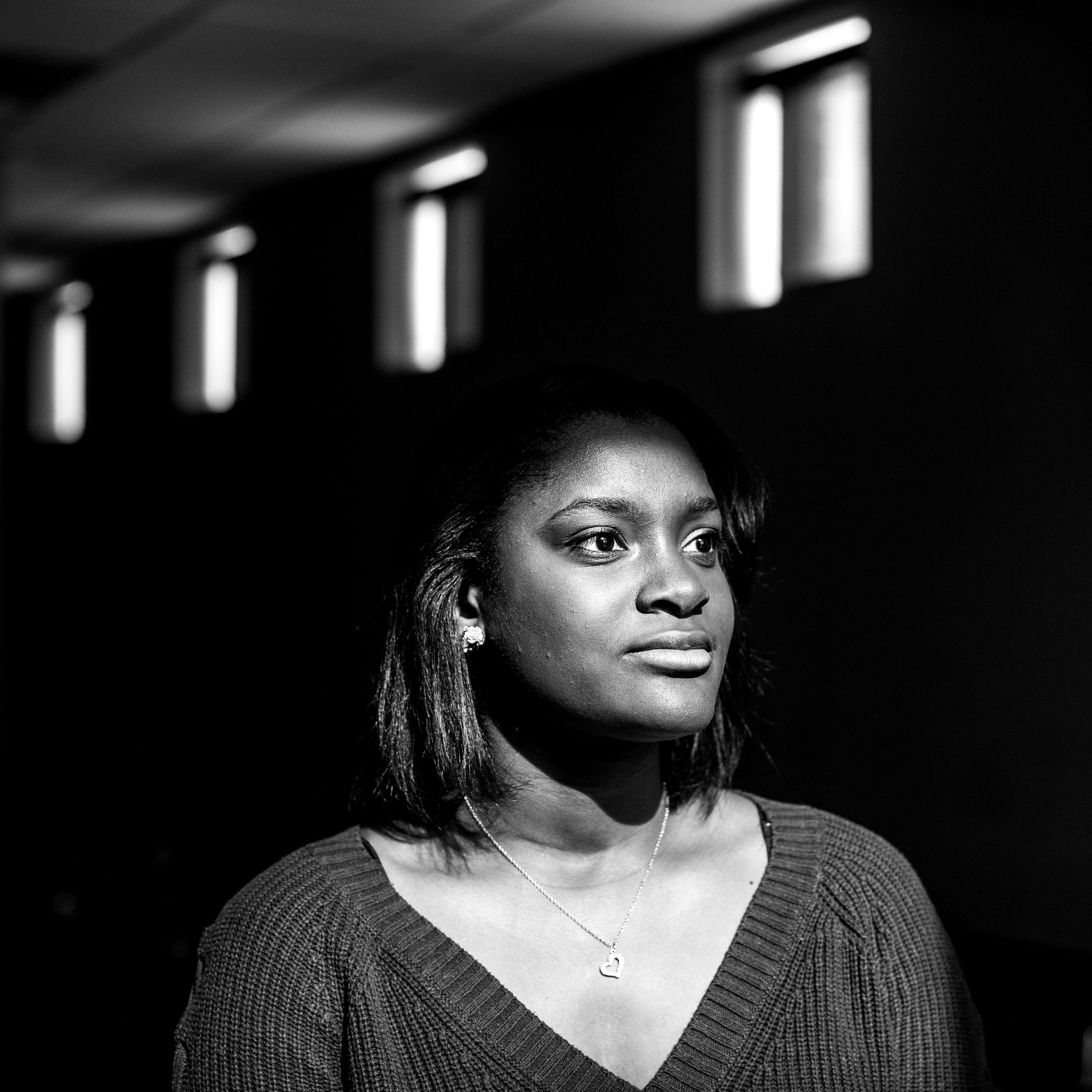
Adia Caldwell, a 20-year-old junior at the University of South Carolina, from Marietta, Georgia:
I think being a Black voter right now, I think we hold a lot of weight. Honestly, I think if you can get the Black vote, you can get everyone else too. I think a lot of people have respect for what we have to say and who we tend to back, if that makes any sense. I think being a Black voter holds a lot of responsibility today and I think it will inspire change. I think we hold a lot of power in this election, for real.
Adia Caldwell
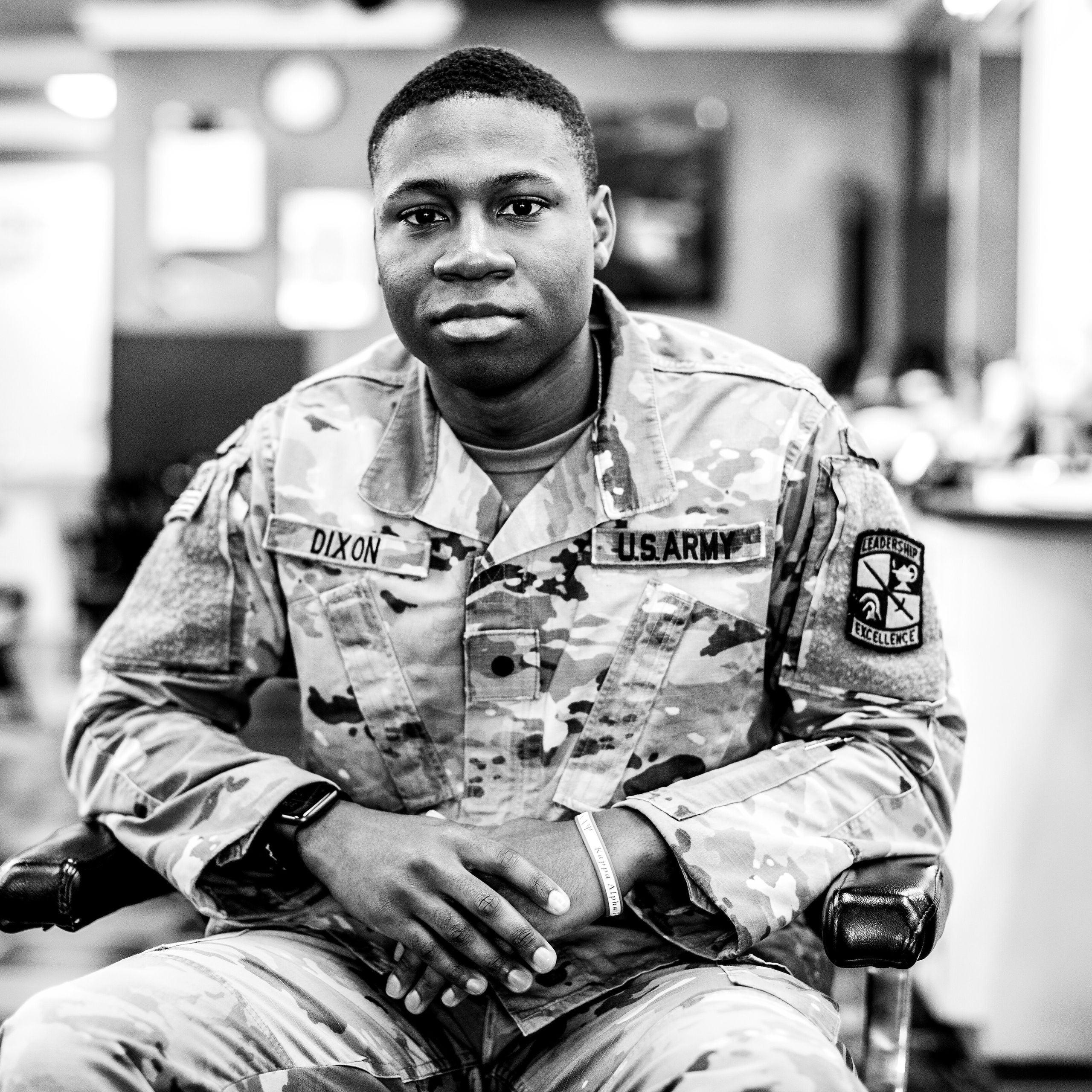
Raymond Dixon, a 23-year-old student at Benedict College, a historically Black college in Columbia, South Carolina. He is currently serving in the National Guard.
It means a lot because I could put my opinion in — my voice. As soon as I could vote, I registered. My grandparents got me registered, and I voted. That means a lot to me.
Raymond Dixon
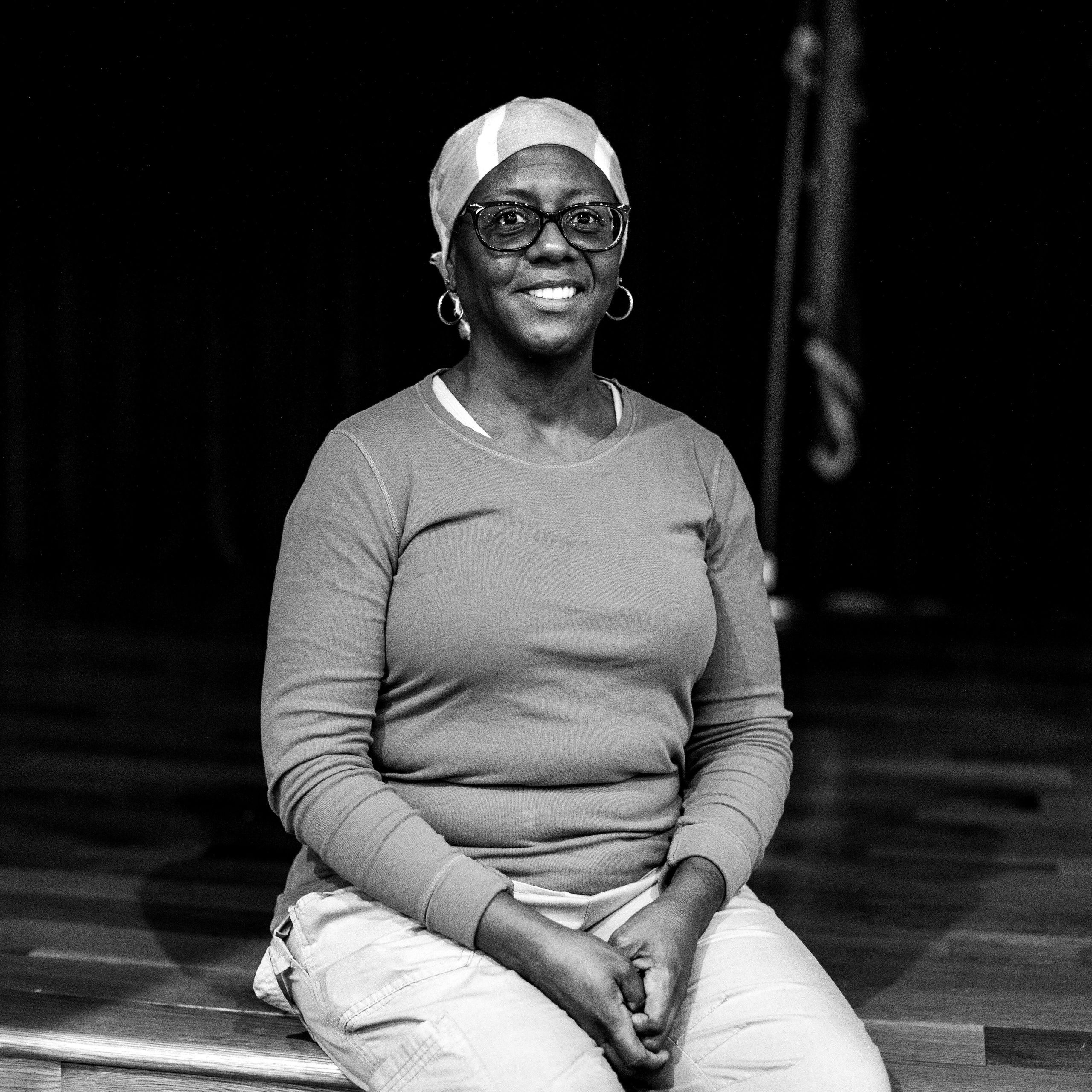
Tracie Furgess, a 50-year-old dentist, who grew up in Springfield, South Carolina:
Makes me proud, first of all. But, it also allows us, we are aware now that our voices are being heard. And if young Black folks don’t know that by now, this is the time. We are finally being heard, and I think voting is our biggest voice.
Tracie Furgess
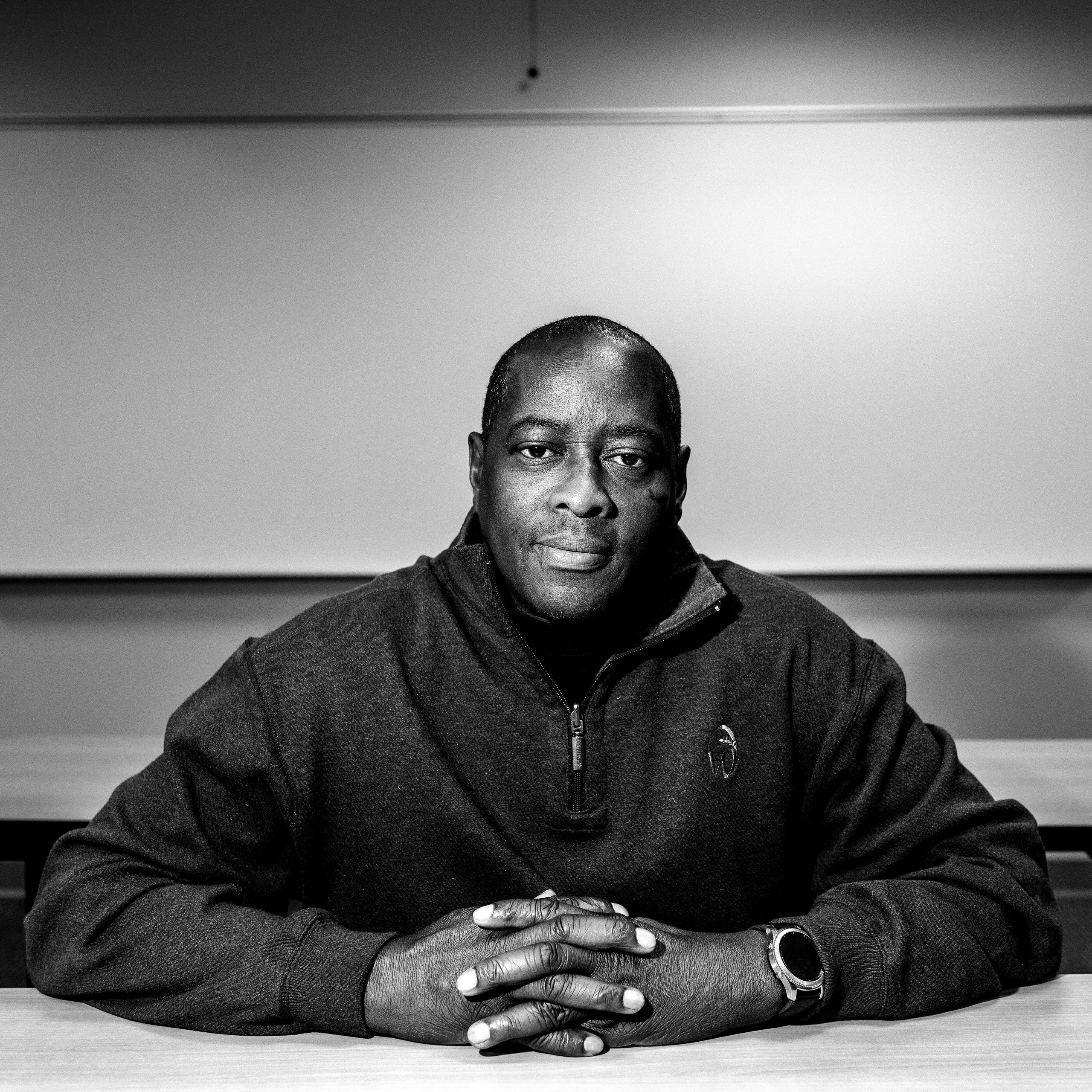
Lee M. Coles, a 56-year-old former military officer, from Georgetown, South Carolina:
It’s just a civic duty. We have to teach our kids. I got three kids — three daughters — but it wasn’t about Being Black to vote. You have to vote, in order for you to participate in the laws and in the government; you got to vote, you have to participate. So I never looked at it as just being a Black voter.
Lee M. Coles
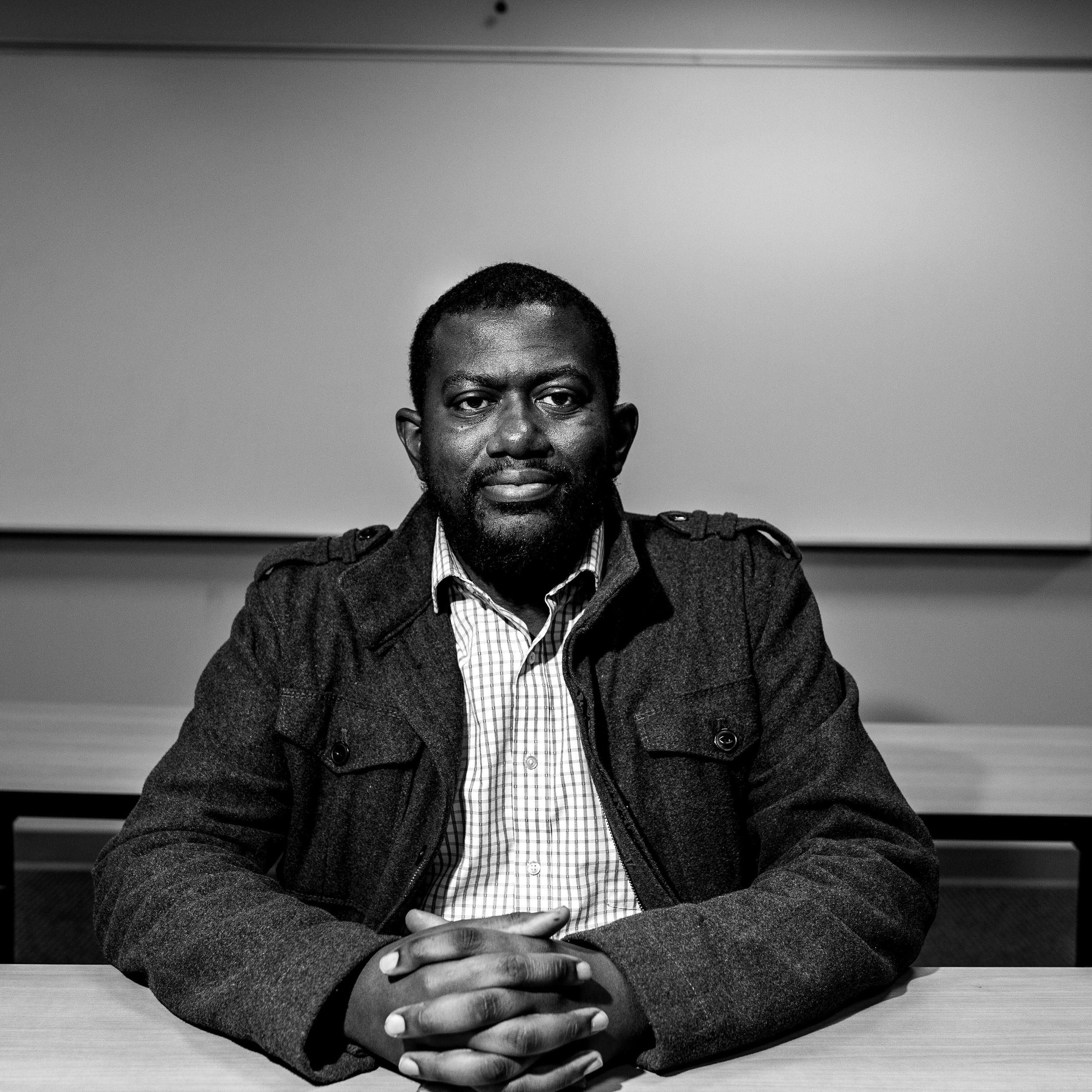
Muhammad Salaam, a 36-year-old statistician who has lived in Columbia for the last 13 years and is from Atlanta:
I vote on behalf of the older generations, who have either died or fought or were unable to vote. And my vote carries the weight of those people, while also carrying the weight of the future. So I look at where we are as a society, where I’d like to see my children, the type of world I want to see my children in. So my vote is kind of a vote for two different generations.
Muhammad Salaam
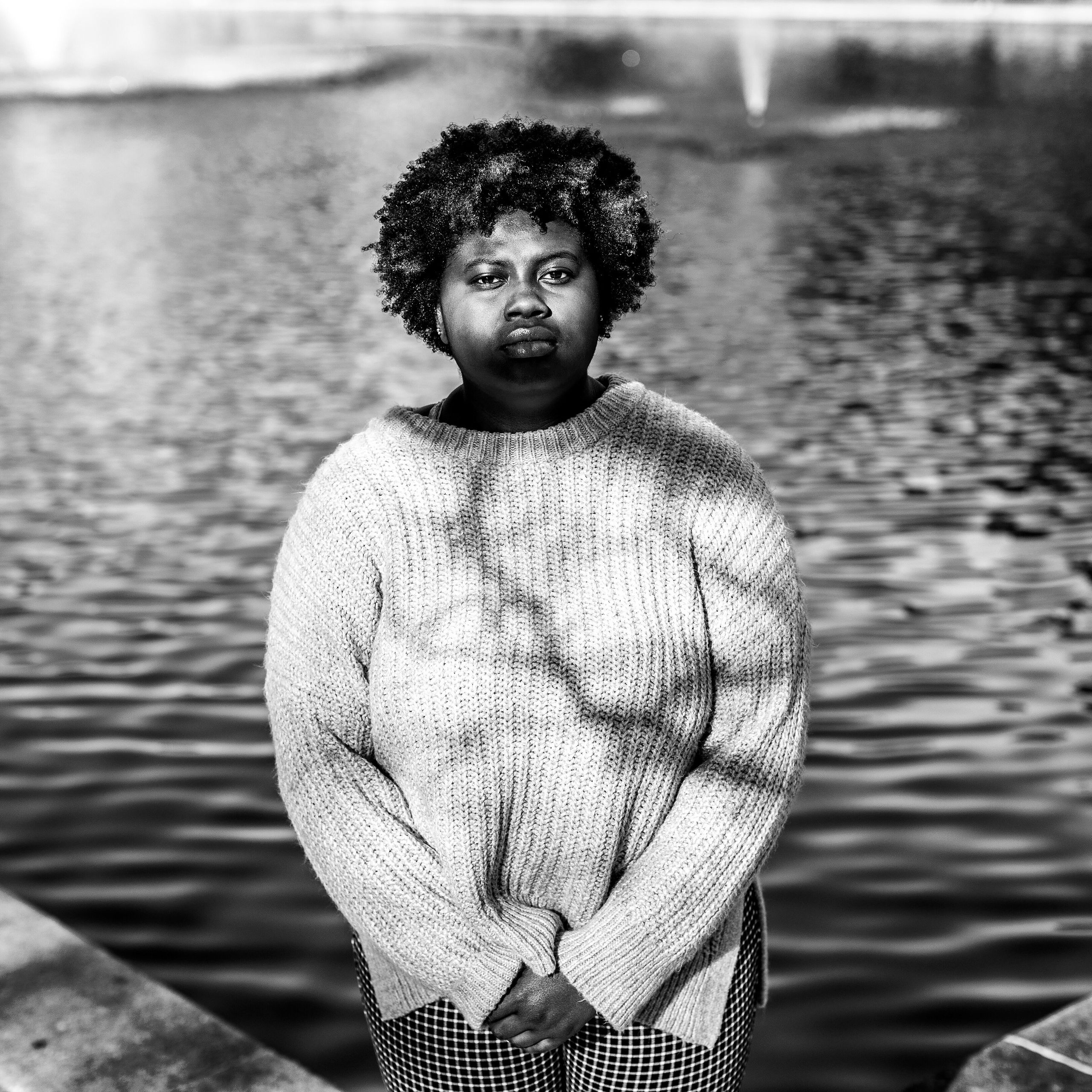
Janel Moore, a 20-year-old junior majoring in global studies on a pre-law track at the University of South Carolina:
It’s not something that I take very lightly. It’s something that has not been afforded to me or people who look like me for long. And a lot more people who look like me still don’t have the right to vote because they’re in jail because of unfair laws. I feel like I’m not just voting for myself, and I just take that as an incredible privilege.
Janel Moore
Calling all HuffPost superfans!
Sign up for membership to become a founding member and help shape HuffPost’s next chapter
[ad_2]
Source link

